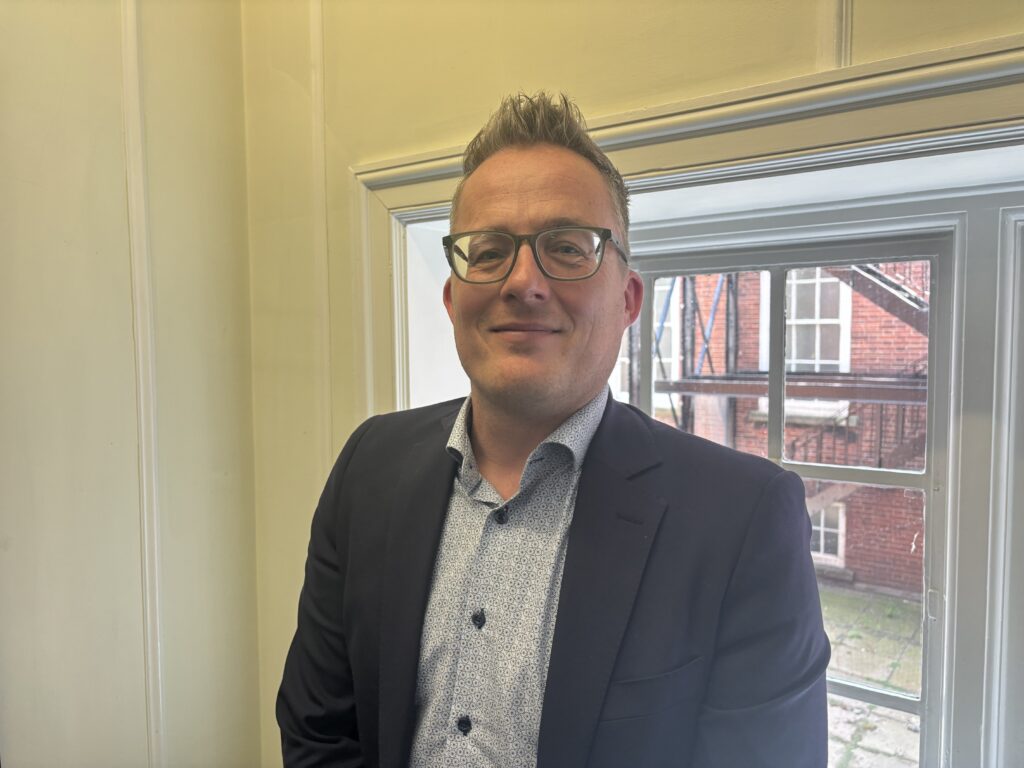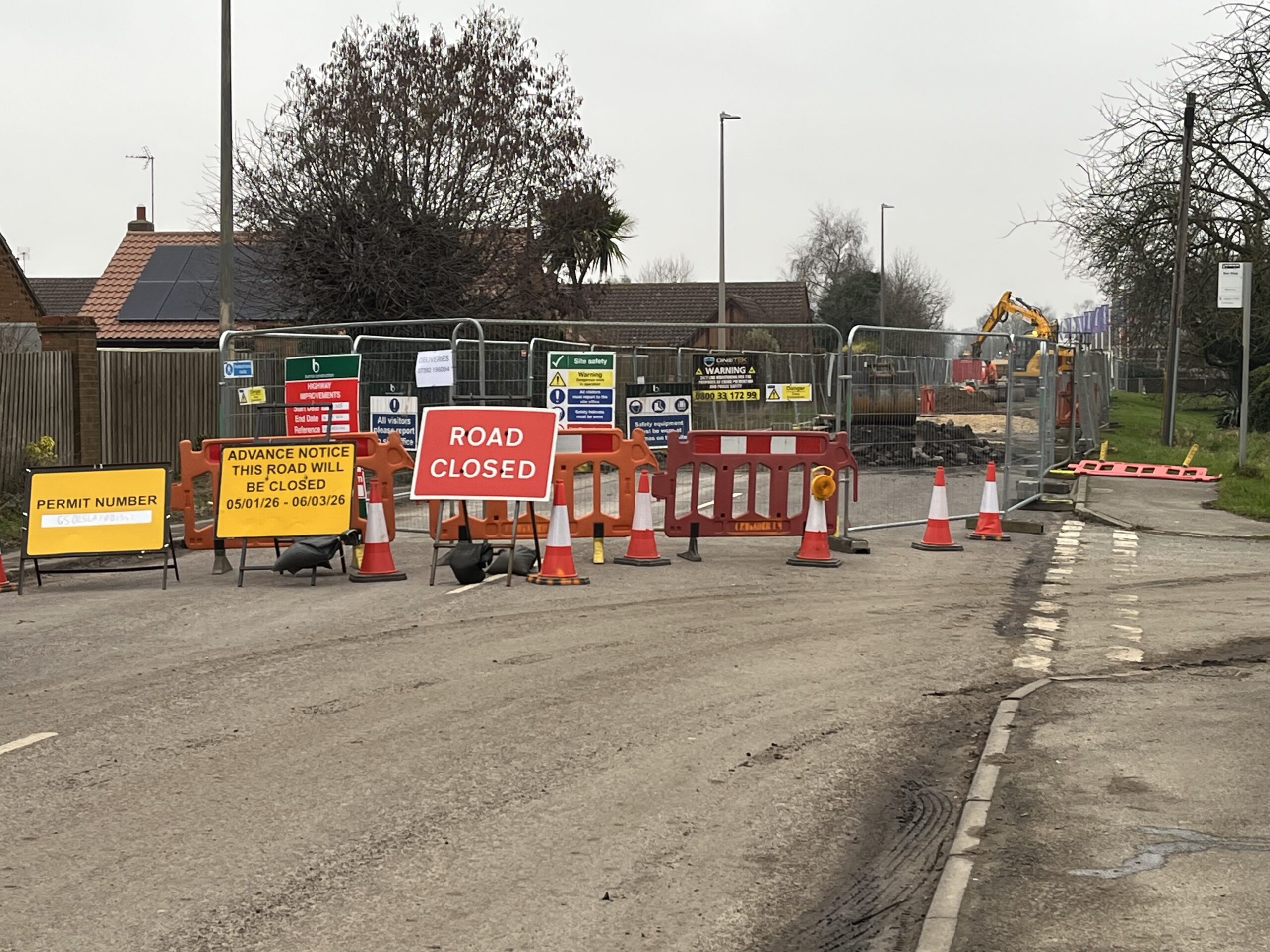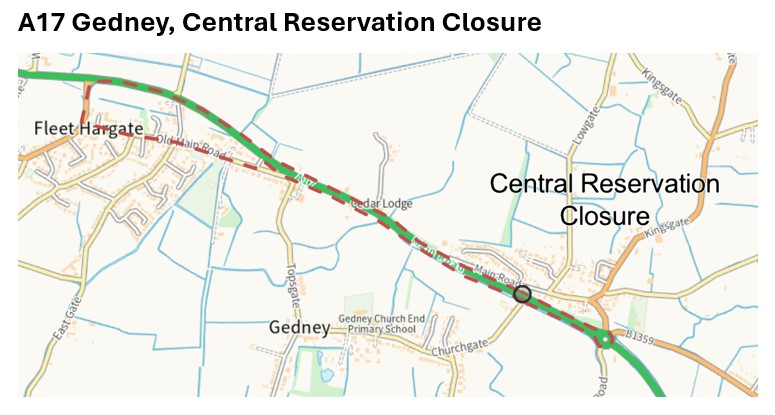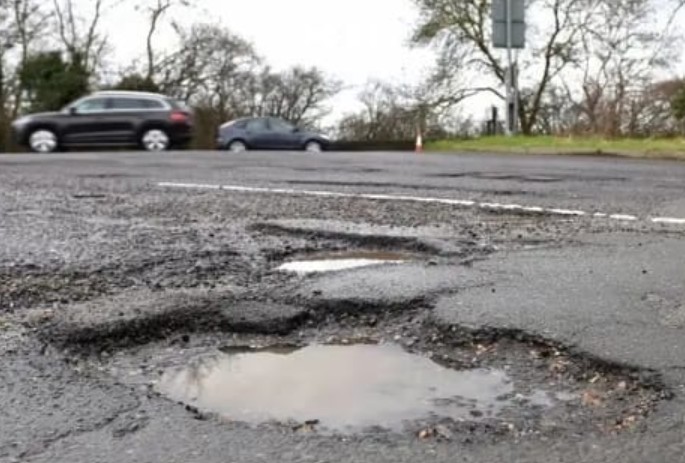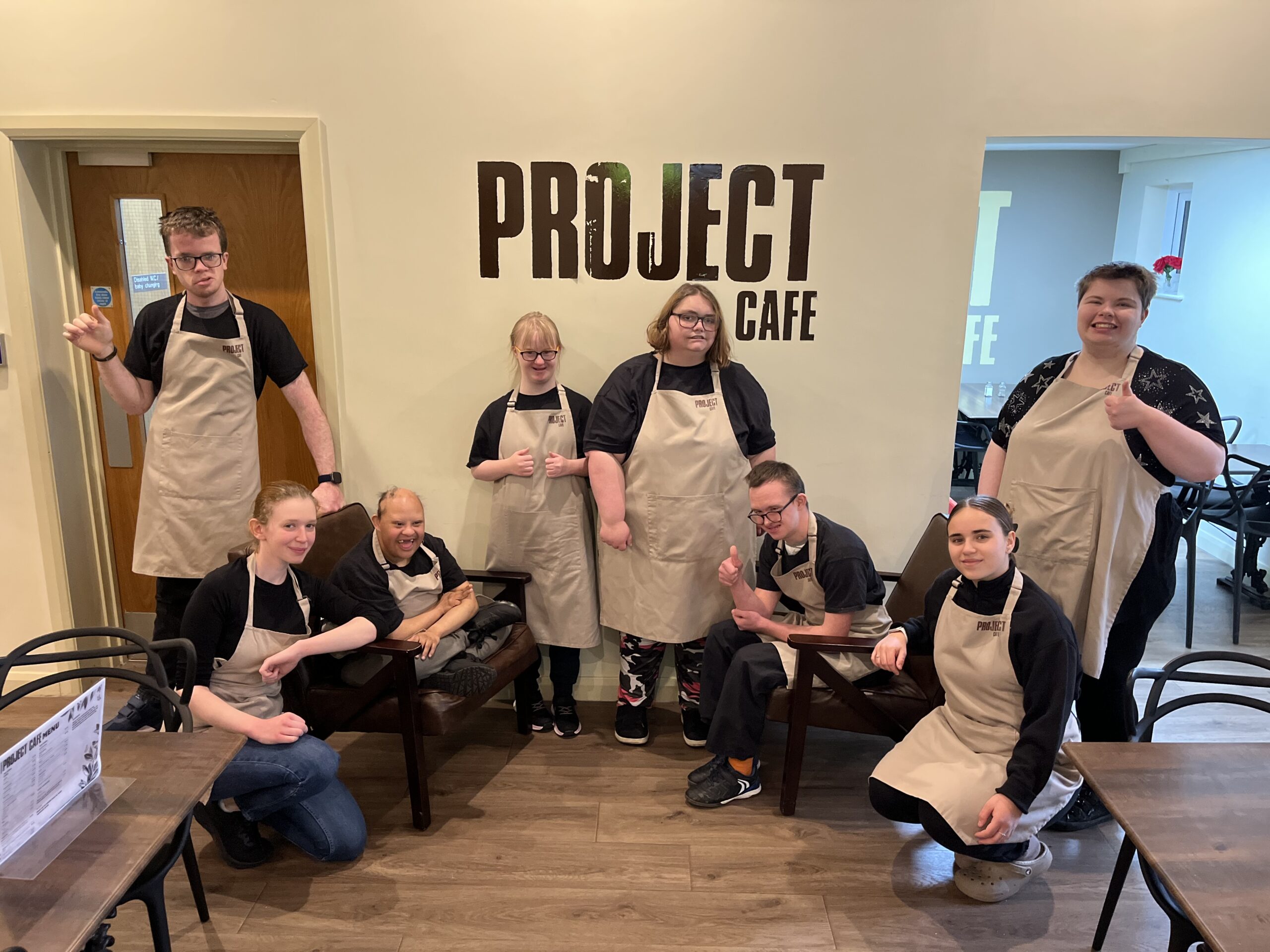GPs across Lincolnshire are facing a “workforce crisis”, according to a medical expert and local doctor.
Dr Reid Baker, a GP and medical director of the Lincolnshire Local Medical Committee, warned of various challenges impacting provision across the county during a health scrutiny committee meeting at Lincolnshire County Council on Wednesday (June 11), writes local democracy reporter James Turner.
A report to members highlighted that across the county’s 81 GP practices, serving 824,552 registered patients, 5.68 million appointments were delivered over 2024/25 — a four per cent increase on the previous financial year.
Staff numbers in practices also rose by 25 full-time roles over that period, marking an 18 per cent increase in full-time equivalent posts compared to 2019.
Despite this, Dr Baker reported the county was facing a “workforce crisis,” pointing out that 50 per cent of GPs want to work more hours in the NHS but are unable to find practices able to offer them, due to financial constraints or a lack of space. He also noted that 15 per cent of colleagues are currently unemployed.
Speaking after the meeting, he said: “We’re at a time where patients want more and more access to their GP practice, even though we’re already providing record numbers of appointments, which we’ve sustained post-COVID, despite all the challenges in terms of the financing and people’s significant and complex medical health problems, which have evolved rapidly over the last decade or so.
“Despite having that, we’re struggling to get the GP workforce that we would like. We have GPs, unbelievably, that are out of work, despite patients wanting GPs.”
He added: “We’ve heard heartbreaking stories, both nationally and locally, about what these people are having to do as a result of being unemployed – these highly trained individuals.”
The report to councillors also pointed out that the area has the highest proportion of GPs over the age of 55 in the Midlands at 21.8 per cent against an average of 15.4 per cent. Additionally, 47 per cent percent are between the ages of 45–54.
Dr Baker described this as a challenge that is “two-fold.” He continued: “We know that 42 per cent of GPs are thinking they won’t be working in the next five years,” he said, indicating these are more likely to be older individuals aiming for retirement or looking to reduce their hours.
“It’s a real challenge because not only do you lose that capacity within general practice, but you lose that experience, and our colleagues are hugely experienced – even from day one of training.”
Keeping colleagues in Lincolnshire once they have completed their training has also proved difficult, with many choosing to move abroad. According to a survey late last year, four who remained in Lincolnshire were unable to find work.
However, the medical expert explained that the founding of the new Lincoln Medical School is a really “positive step in the right direction.”
When asked what was needed to retain young talent in the county, he responded: “In terms of Lincolnshire, we need to embrace the opportunity for the medical school having a new curriculum that highlights general practice, but on top of that keep them in general practice by it being the place to work.
“A good working environment, we know, goes a long way to keeping people here, but some of the data shows that people who have been here, trained here, even if they don’t stay here, they may come back later on and work here, and that’s what we need to promote.”

